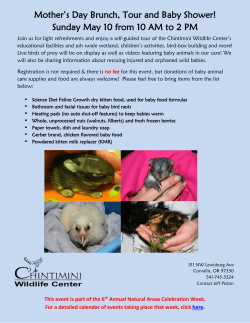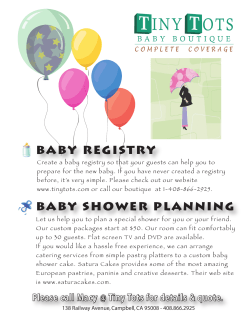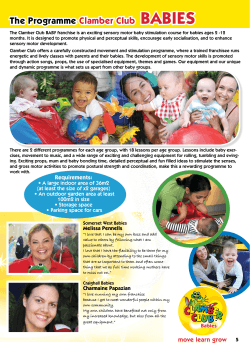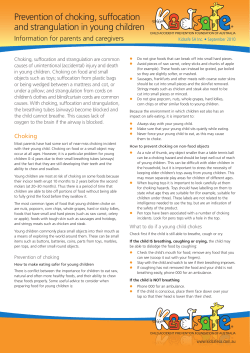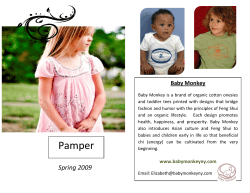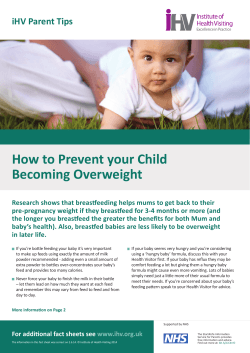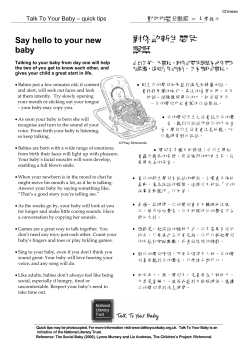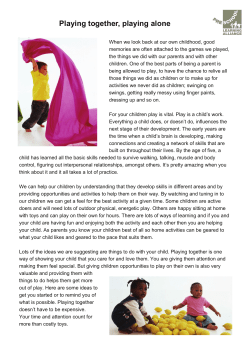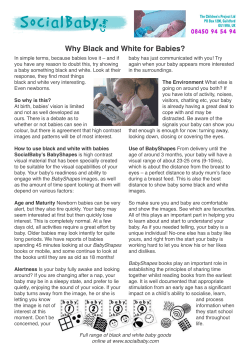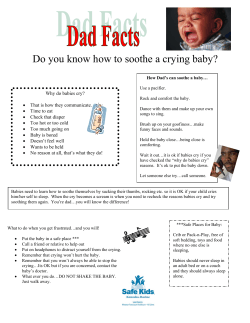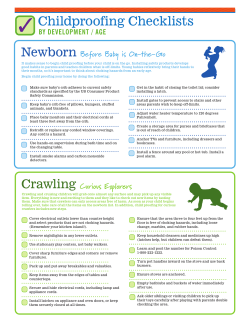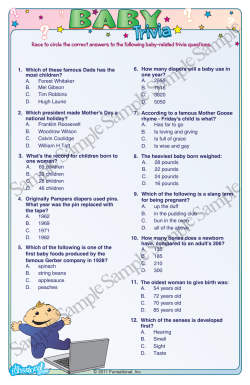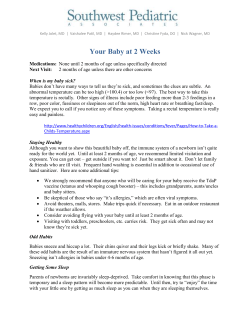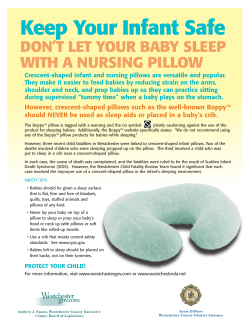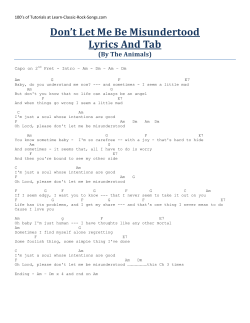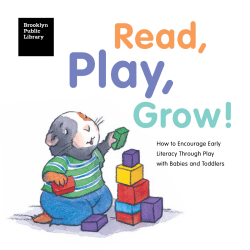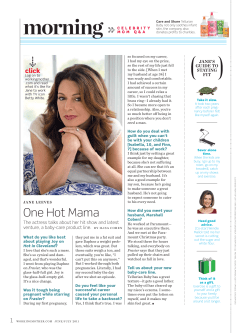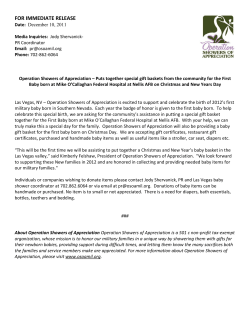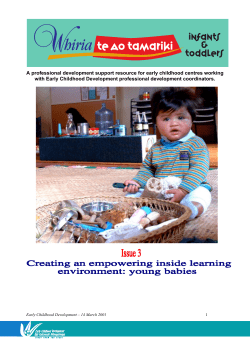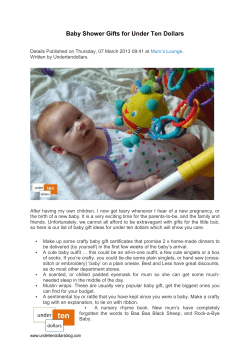
CHOKING AND SUFFOCATION
CHOKING AND SUFFOCATION How you can prevent it. It only takes a few seconds for a child to pop a small object into his mouth and choke. With a few simple precautions you can protect children against these accidents. Every year more than 100 children under five years die from choking and suffocation. Many more are saved just in time. You can protect children and babies from choking and suffocation by knowing what causes it. Food Never leave a baby to drink his bottle by himself. He could vomit, inhale the milk and choke. Babies should not be given any food they cannot chew properly. Large chunks are easily breathed in. When preparing food, remove small bones - for example from fish or chicken. Never give children under five years peanuts because they frequently cause choking. Avoid giving children dried peas and beans to play with. Teach older children not to give hard biscuits or sweets to a young baby. Small objects Choking most frequently happens to babies between the ages of five and eighteen months. Keep all small objects out of reach of the baby who is at this hand-to-mouth stage of development. Safety pins should always be out of your baby's reach. Keep small toys or toys with small parts away from babies until they are old enough to handle them. Parts broken off toys and games should be thrown away or be repaired. Also rid of small pieces of crayon. Dummies used should be well designed. Beware of soft or small dummies that may fit into the baby's mouth wholly. Also be aware of parts separating and becoming lodged in the throat. Beware of letting small children play with beads, buttons, coins, bits of torn plastic or broken balloons. Make a habit or picking up these small items if they are lying around. What Causes Suffocation? Plastic The fine plastic used for packing mattresses, pillows, etc. is very dangerous. Never leave it lying around. Cut it up before throwing it away. Plastic bags can be lethal. Teach children never to put them over their heads - and do not allow little ones to play with them. Tie a knot in the bag for safety. Use waterproof sheets of heavy duty thickness. Cords and ribbons Remove bibs or any clothing with ribbons or cords before putting the baby to sleep. A loose bib may cause suffocation. Do not attach a dummy to a string around the baby's neck. Most babies don't need pillows. If you have to use a pillow, make sure it is thin and firm, not soft. Pillows with ventilation holes are available. Take care that no dangling cords, like those of venetian blinds, are within the baby's reach. Children under five years should not be allowed to play with cords, ropes, etc. unless an adult is watching. Old fridges Always remove the entire door or locking device before discarding old refrigerators. Children trapped when playing in a fridge will suffocate because it closes airtight. Rubbish dumps and sand-holes Make sure your children do not play on dumps or in sandy holes. Other causes Use talcum powder carefully. The fine powder may enter the baby's lungs. Place a safety net over a pram or cot to stop cats from curling up on the baby's face. Cot bars should be spaced in such a way that the baby can't slip its head through the bars and be strangled. Emergency Treatment Do not panic if a child appears to be choking. His normal cough reflex will generally expel the object. If the child is small, hold him up by the heels and give him a firm slap on the back. If this is not successful, get the patient to a doctor immediately. Do not slap him hard on the back while he is sitting up as this may make him gasp and suck the object further into the air passage. Do not try to remove the object with your fingers. This will only push it further down. If an older child is choking, stand behind him, put your arms around his waist, find the spot in the chest halfway between the waist and lower ribs. Gently press the clenched fist of your left hand as far as you comfortably can. Firmly clasp your right hand over your clenched fist and give short, sharp "hugs" pushing inwards and upwards as far as you can. Repeat if necessary. Air pressure will pop out the blocking object. If you suspect your child has inhaled an object or pushed beads or nuts up his nose or into his ears, get medical aid as soon as possible. If a child develops a chronic cough or wheeze, consider the possibility that he may have inhaled a foreign body into his air passage and take him to the doctor. If the child cannot breathe spontaneously after removal of the foreign object, apply mouth to mouth resuscitation. Seek expert advice from a first aid organisation.
© Copyright 2025
